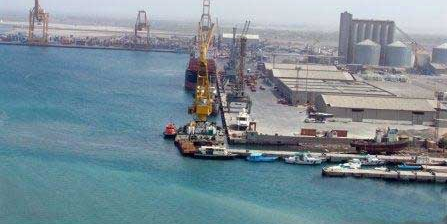A UK high court case involving Gunvor tanker shipments into Yemen has highlighted the importance of demurrage wording in charter contracts.
The trader was claiming payments for delays from buyer CruGas Yemen, which entered into COAs for petrol to be shipped in 12 monthly consignments to Hodeidah on various ships sourced from owners by Gunvor's Clearlake.
After several liftings the buyer was in default as regards demurrage of $5.5m and several other large payments, according to financing company C Demurrage.
CruGas raised three defences to the demurrage part of the claim: a time bar; the need for the seller to prove that it had previously paid the claimed demurrage to its own counterparty; and - a new legal argument - that it was implied that the rates claimed were “in line with the market rate”.
The demurrage rate contained in the COA was $30,000 per day for the first seven days, rising to $32,500 after that.
The UK high court rejected all three arguments.
It said the time-barring provision was not incorporated into the term contract and the nature of the buyer’s liability was found to be “free-standing and not an indemnity”, such that the seller did not have to prove that it had paid the demurrage claimed.
No such thing as a market rate
There was also no justification for a provision that demurrage rates should be “in line with the market rate”.
"The judge rightly recorded that there is no such thing as a demurrage market rate, in the sense of published figures, unlike for example freight rates or commodity prices," C Demurrage said.
It added: "Plainly a debtor will struggle to imply a term that a demurrage rate is other than that provided, whether under a primary charterparty or a sale contract that incorporates its related provisions. There will seldom if ever be any basis on which a court or tribunal can alter that.
"Also, clear words will be needed to change the general position that a buyer under a sale contract must pay the seller demurrage as provided, rather than being allowed to get the seller to prove what he has paid, as part of an indemnity claim."
It said: "Finally, the discussion of the effect of the commonplace 'demurrage as per charterparty', or similar, reminds parties that something more than this contract shorthand will usually be needed if demurrage time-bar provisions are to be reliably transposed from one contract to another.
Reuters reported in 2016 that authorities in Houthi rebel-controlled Hodeidah held two Ocean Tankers ships in a payment dispute.
The Singapore operator said the 74,000-dwt Chao Hu (built 2008) and Hong Ze Hu (built 2008) had been prevented from leaving.
"The vessels themselves are not under arrest but have unfortunately been caught up in a commercial dispute between cargo interests. The dispute is nothing to do with Ocean Tankers or our ships and we hope the dispute can be settled quickly,” an Ocean Tankers spokesman said at the time.
Trading sources said the cargoes were owned by Gunvor and Litasco, part of Russia's Lukoil.
Gunvor filed a lawsuit in the UK high court against CruGas, claiming nearly $39m for losses suffered, it was reported.






